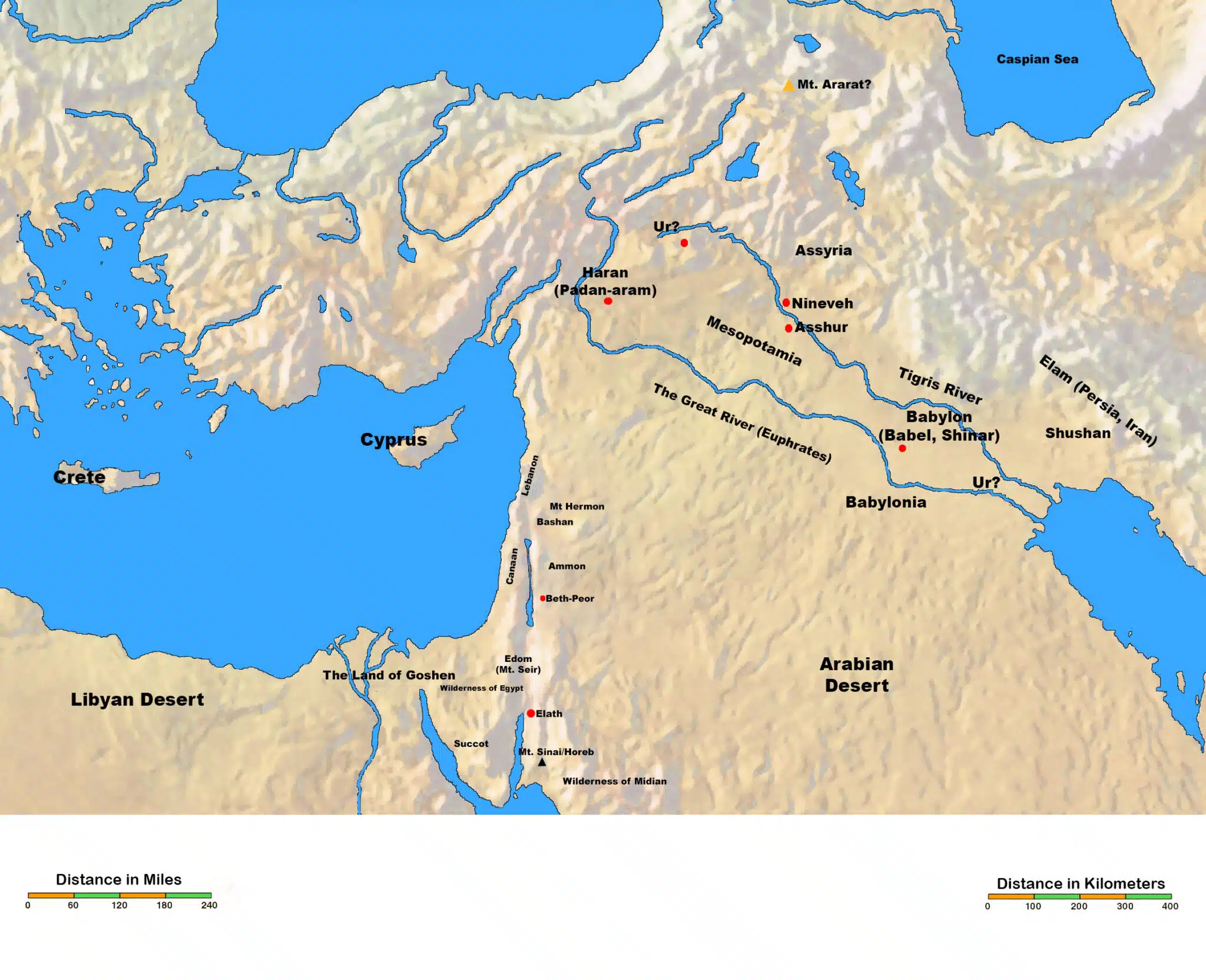Leviticus begins with God speaking to Moses from the newly constructed Tabernacle, also called “the tent of meeting.” The Tabernacle is God’s dwelling place among the Israelites.
Now that the Tabernacle and its accessories have been built, God’s voice called to Moses and spoke to him from the tent of meeting. The tent of meeting refers to the tent constructed for the ark, the lampstand, and the other implements to be housed and is also known as “The Taberancle”. God’s presence had taken its place within the tent of meeting, over the ark within the holiest place (Exodus 40:34-38). We are given some extra details about how God speaks to Moses, in Numbers 7:89:
“Now when Moses went into the tent of meeting to speak with Him, he heard the voice speaking to him from above the mercy seat that was on the ark of the testimony, from between the two cherubim, so He spoke to him.”

God’s voice is personified many times in the Bible. Genesis 3:8 says Adam and Eve heard the Voice of God walking in the Garden of Eden:
“They heard the sound (Voice) of the LORD God walking in the garden in the cool of the day, and the man and his wife hid themselves from the presence of the LORD God among the trees of the garden.”
The Hebrew word for “sound” here is most often translated “voice.” Many rabbis reading the Hebrew of Genesis 3:8 ask, “How can a voice walk?” Of course, the entire universe was created through God speaking (Genesis 1).
David demonstrates the personification of God’s voice in Psalm 29:
“The voice of the LORD is upon the waters;
The God of glory thunders,
The LORD is over many waters.
The voice of the LORD is powerful,
The voice of the LORD is majestic.
The voice of the LORD breaks the cedars;
Yes, the LORD breaks in pieces the cedars of Lebanon.
He makes Lebanon skip like a calf,
And Sirion like a young wild ox.
The voice of the LORD hews out flames of fire.
The voice of the LORD shakes the wilderness;
The LORD shakes the wilderness of Kadesh.
The voice of the LORD makes the deer to calve
And strips the forests bare;
And in His temple everything says, “Glory!”
(Psalm 29:3-9)
After having delivered Israel from slavery in Egypt, the Almighty God will now rule His people as their Suzerain King. (see our article on Suzerain Vassal Treaties) He will speak with them through Moses and dwell in their presence. It is Him with whom they have entered into a covenant, and now His presence dwells in the Tabernacle. This is a reversal of what God told Moses in Exodus 33, “for I will not go up in your midst, because you are an obstinate people, and I might destroy you on the way.”
In Exodus 33:12-16, Moses petitioned God, and in Exodus 33:17 God changed His mind, agreeing to dwell in their midst. His means of doing so was for His presence to abide in the Tabernacle.
Moses, as God’s prophet, will now begin to receive instructions from God regarding how He wishes to be worshipped through the Levitical Priesthood and its service and sacrifices.
The book of Hebrews contrasts the Levitical priesthood with the priestly order of Melchizedek to which Jesus our High Priest belongs. The Levitical priesthood was to offer earthly sacrifices such as bulls and rams. However, no earthly priest could merit offering the sacrifice of all sacrifices: Jesus’ own body. This offering was so precious it required a priest after the order of Melchizedek, which is a priestly order superior to the Levitical priesthood as shown in Hebrews 9. Jesus the high priest, according to the order of Melchizedek, offered Himself willingly as the ultimate sacrifice to pay for the sins of the world (1 Peter 2:24).
Biblical Text:
1 Then the LORD called to Moses and spoke to him from the tent of meeting, saying,
Check out our other commentaries:
-
Proverbs 3:21-26 meaning
Solomon implores his audience to treasure wisdom and speaks to the benefit of doing so....... -
Psalm 118:24-26 meaning
The psalmist continues his poetic narrative testifying of the LORD’s salvation with a praise that this day is the day of salvation which the LORD...... -
Matthew 23:15 meaning
In His third woe, Jesus rebukes the scribes and Pharisees for seeking to make converts to enhance their personal following and status....... -
2 Timothy 2:20-26 meaning
Paul gives an analogy about the importance of living a clean life, to view one’s self as belonging to a special purpose given by God....... -
Deuteronomy 19:4-7 meaning
Moses explained the purpose of setting aside the three cities of refuge in the Promised Land by providing a case in which one man goes......



